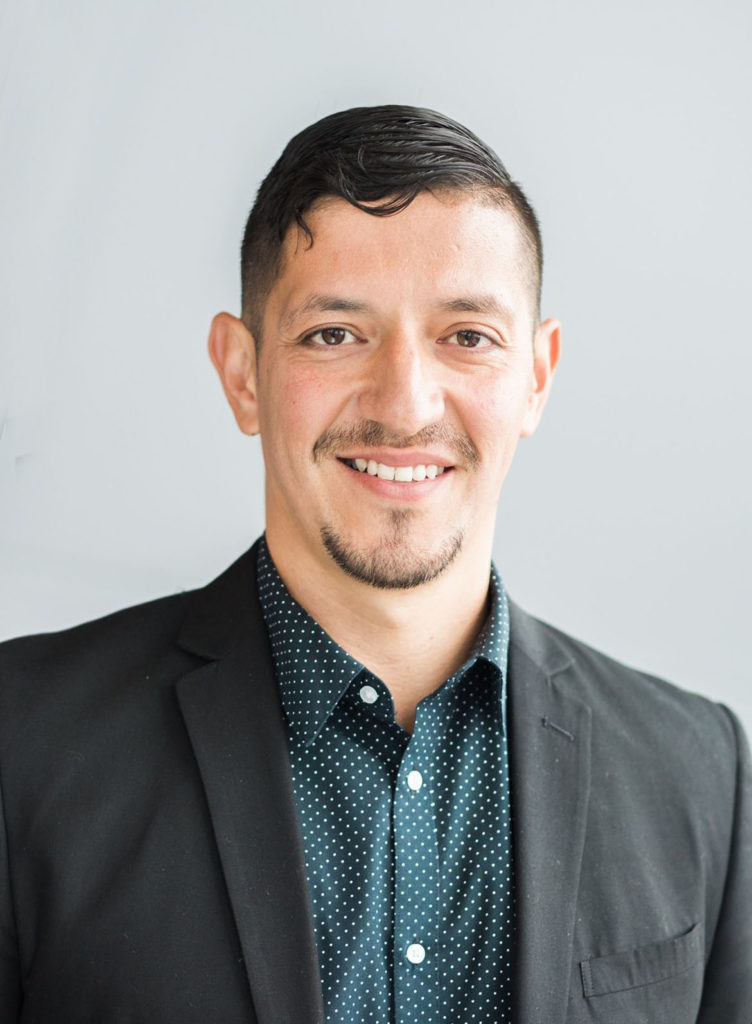
As we’re settling into the fall season, I’m relieved to see that in many parts of the state, Oregonians are enjoying an uptick in rainfall, which signals the end of our now seasonal wildfire season, and hopefully gives us some peace of mind.
On one of these particularly rainy days late last month, the Neighborhood Partnerships team came together under one roof for the first time in nearly two years for one of our periodic all-staff retreats. We met at a community space owned by Wapato Island Farms, a scenic, women-owned, 32-acre organic farm on Sauvie Island. Our group of thirteen were distributed around a long table that could seat thirty so that we could all be safely and comfortably spaced from one another.
It was revitalizing and grounding to share space and continue building community with one another. Being together also reminded us of several interesting relics of pre-pandemic days. The rain, for instance, came down so hard at times that we had to raise our voices; In Zoom world, we would have turned up the volume on our computers and relied on the sound-cancelling technology in our microphones. In between the spells of rain, we also walked around the farm with each other – I was particularly pleased I didn’t have to worry the looming threat of my unstable internet connection interrupting my conversations with my colleagues.
But most of all it reminded me of the sense of intimacy, connection and empathy that is hard to replicate when we are not able to be in person.
We joined together that rainy day to continue to expand our understanding of where we are at as an organization and to begin to look ahead to the future we want to work toward. This was just one step in our organization’s first equity centered strategic planning process. Earlier this year as an organization, we collectively decided to develop a strategic planning process that would continue to move our organization toward liberatory practices and racial justice hitching our programs and roles within the organization to our North Star. Throughout this process we will work to reaffirm our guiding principles and values. And we hope to develop a framework for operationalizing our vision of the future. We can’t do this work alone and will look to our community partners to help inform and provide their voice in the plan, so that we can build a collaborative process whereby our stakeholders see themselves in our work.
That rainy day we focused on reaffirming our organizational agreements, exploring how to slow down, to take a step back, and discover new ways to share power among ourselves and with our partners. We acknowledged and agreed that the non-profit structure is inherently paternalistic and hierarchical, with many “marching orders” adopted from militaristic doctrines that do not serve the needs of our community. So in order to get to different outcomes we must question and challenge ourselves to do things differently.
One of the outcomes arising from this ongoing conversation of power-sharing at Neighborhood Partnerships is the idea that the Executive Director should not be the only spokesperson for the organization. For a nonprofit like NP whose team comprises diverse perspectives on complicated issues that affect all Oregonians, especially communities of color, one way to share power is to give a place for my colleagues to share their thoughts about their work.
One way to give everyone space to share their thoughts is to re-envision these “Director’s Desks,” and restructure this space in a way that raises up and empowers the many voices of NP and our community to utilize this space as they like. IDA program staff may share their thoughts about systems change, the legislative policy team might offer their opinions of particular bills, and our Housing and Economic Justice Organizers may give updates on issues they’ve been hearing from residents of affordable housing and consumers across the state. Or one of our community partners might share their thoughts on community driven solutions that are working in their community.
You’ll certainly hear from me in this space as well as we continue with our strategic planning process but you’ll also hear from my colleagues, whose thoughts and contributions are equally as important and valuable as we continue our work to serve low-income families and communities of color.
